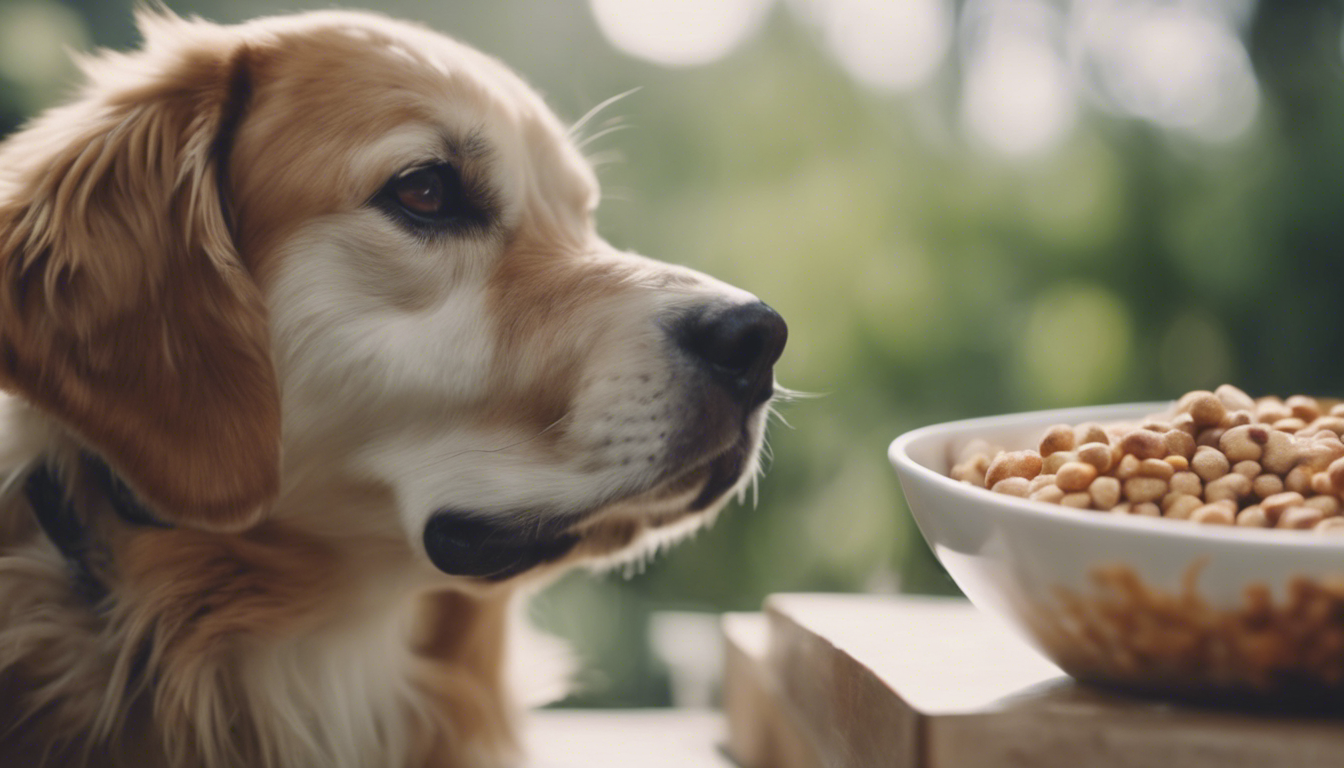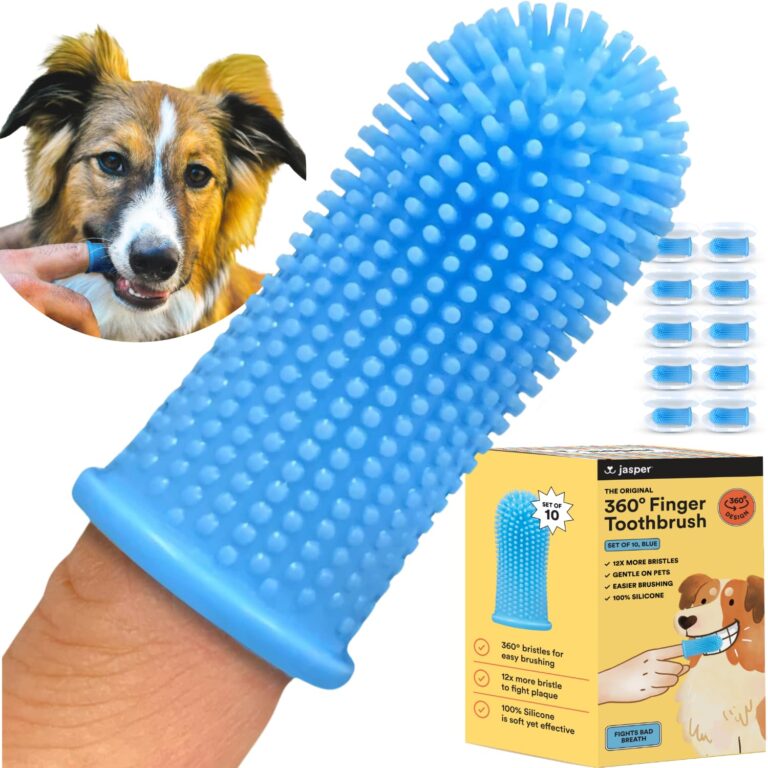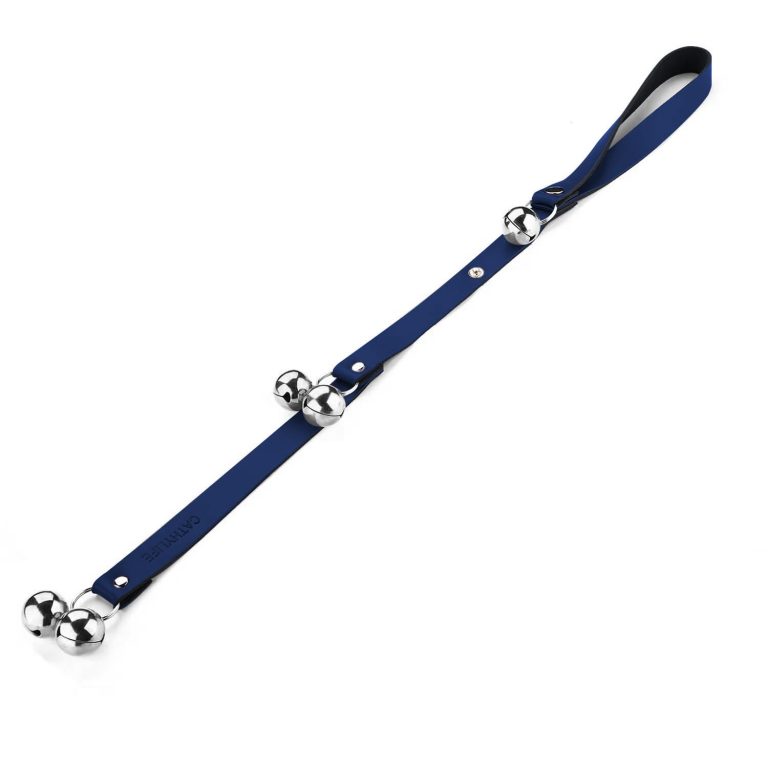Feeding Dogs with Diabetes: Diet Management Tips

Feeding dogs with diabetes can be a challenging task that requires careful attention to their nutritional needs. Diabetes is a chronic condition that affects the body’s ability to regulate blood sugar levels. Just like humans, dogs with diabetes require a well-balanced diet to manage their condition effectively. In this article, we will explore essential aspects of canine nutrition and diet that can help owners better understand how to provide proper nutrition for their diabetic dogs.
Importance of a Balanced Diet
A balanced diet is important for all dogs, but it becomes even more critical for those with diabetes. A well-balanced diet ensures that your dog receives the necessary vitamins, minerals, proteins, and carbohydrates to maintain a healthy body and support overall well-being. Providing a balanced diet helps regulate blood sugar levels and prevents sudden spikes or drops, which can be detrimental to diabetic dogs.
Dietary Needs for Different Life Stages and Breeds
It’s vital to ponder your dog’s life stage and breed when planning their diabetic diet. Puppies have different nutritional requirements compared to adult or senior dogs. Similarly, different breeds have unique dietary needs and may require specific adjustments to their diet.
Puppies: Growing puppies need a diet that supports their development while managing diabetes. Consult with your veterinarian to ensure you’re providing an appropriate diet that addresses both growth and diabetes management.
Adult Dogs: Adult dogs generally have more stable nutritional requirements compared to growing puppies. However, they still need sufficient nutrients to remain healthy and manage diabetes. A diet featuring lean proteins, moderate fats, and complex carbohydrates can be beneficial.
Senior Dogs: As dogs age, their metabolism and nutritional needs change. Senior diabetic dogs may require adjustments to their dietary plan to account for age-related changes. Provide a diet rich in omega-3 fatty acids, antioxidants, and easy-to-digest proteins to support their overall health.
Breed-Specific Needs: Some dog breeds are more prone to diabetes than others. It’s important to be aware of your dog’s specific breed requirements to ensure their diet supports their unique needs. Consult with your veterinarian or a veterinary nutritionist to assess any breed-specific dietary considerations.
Homemade Diet Options
While commercial diabetic dog food options are readily available, some owners prefer to prepare homemade meals for their diabetic dogs. If you choose this route, it’s essential to consult with your veterinarian or a veterinary nutritionist to ensure you’re providing a nutritionally balanced meal. Here are some guidelines:
Portion Control: Maintaining proper portion sizes is important for diabetic dogs. Overfeeding can lead to weight gain and worsen their diabetes. Consult with your veterinarian to determine the appropriate portion sizes for your dog based on their weight, activity level, and specific nutritional needs.
Protein: Protein is an essential component of a diabetic dog’s diet. It helps regulate blood sugar levels and supports lean muscle mass. Include high-quality protein sources such as lean meats (chicken, turkey) or fish in your homemade meals.
Carbohydrates: Selecting the right carbohydrates is important for maintaining stable blood sugar levels. Opt for complex carbohydrates that have a lower glycemic index, such as sweet potatoes, brown rice, or quinoa.
Fiber: Fiber aids in digestion and helps regulate blood sugar levels in diabetic dogs. Include sources of soluble and insoluble fiber, such as vegetables (broccoli, carrots) and legumes (green beans, lentils).
Fats: Choose healthy fats that provide essential fatty acids for your dog’s overall health. Include moderate amounts of fats from sources like fish oil or flaxseed oil.
Vitamins and Minerals: Homemade diets may lack certain essential vitamins and minerals. Speak to your veterinarian about adding a canine multivitamin or specific supplements to ensure your dog receives all the necessary nutrients.
Common Dietary Challenges
Certain dietary challenges need to be considered when managing diabetes in dogs. Here are a few common challenges and tips to overcome them:
- Food Temptations: Dogs may be tempted by table scraps, treats, or other high-sugar snacks. It’s important to strictly control their diet and avoid giving in to unhealthy temptations. Stick to the prescribed diet recommended by your veterinarian.
- Weight Management: Maintaining a healthy weight is fundamental to managing diabetes in dogs. Monitor your dog’s weight regularly and consult with your veterinarian if adjustments to their diet are needed to achieve a healthy weight.
- Dietary Consistency: Consistency is key when managing diabetes in dogs. Maintain a consistent feeding schedule and avoid sudden changes to their diet, as it can disrupt their blood sugar regulation.
- Regular Vet Check-ups: Regular veterinarian check-ups are essential to monitor your dog’s overall health and diabetes management. They can assess if any adjustments to their diet or treatment plan are necessary.
Remember, proper nutrition plays a significant role in managing diabetes in dogs, but it should always be done under the guidance of a veterinarian or veterinary nutritionist. They can provide you with tailored advice based on your dog’s specific needs and ensure they receive optimal care and support.







